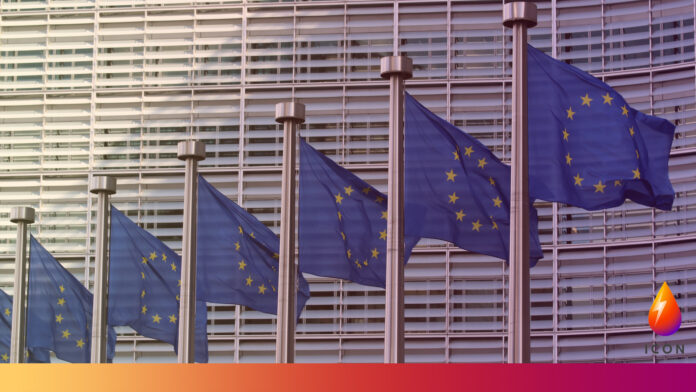Eurostat, the statistical office of the European Union, has published a new report which provides a statistical overview of progress towards the Sustainable Development Goals (SDGs) in the EU.
Titled ‘Sustainable development in the European Union — 2022 monitoring report on progress towards the SDGs in an EU context’, the report shows that the EU has made ‘significant’ progress towards five SDGs and ‘moderate’ progress toward most others over the last five years.
Commissioner Gentiloni, Commissioner for Economy, commented on the report: “Europe is facing its second ‘black swan’ event in three years.
“But while managing the impact of the economic shock caused by Russia’s invasion of Ukraine must not lead us to lose sight of our goal of transforming the EU’s economic model. It must instead galvanise us to redouble our efforts to boost our resilience and the sustainability of our production processes and everyday activities.
“In this collective effort, the Sustainable Development Goals remain both our compass and our measure of success.”
Key findings of the report include:
- Like in previous years, the EU continued to make the most progress towards fostering peace and personal security within its territory, improving access to justice as well as trust in institutions (SDG 16).
- Significant progress was also made towards the goals of reducing poverty and social exclusion (SDG 1), the economy and the labour market (SDG 8), clean and affordable energy (SDG 7), as well as innovation and infrastructure (SDG 9). In the area of poverty (SDG 1), available data partly refer to the pre-pandemic period and therefore do not yet fully capture the impact of the pandemic.
- The favourable assessment of SDG 7 was ‘strongly influenced’ by a remarkable reduction in energy consumption in 2020 (minus 8 % compared to 2019) as a result of COVID-19 related restrictions on public life and lower economic activity. Therefore, the EU was able to reach its 2020 energy efficiency target and, based on the progress achieved so far, appears to be on track towards its 2030 target. Moreover, the use of renewable energy has grown continuously, with its share doubling since 2005. By 2020, renewable energy accounted for 22.1 % of gross final energy consumption. However, imports of fossil fuels still cover more than half of the EU’s energy demand, and lower energy consumption recorded in 2020 is likely to be temporary.
- Likewise, progress toward SDG 8 on the economy and labour market, for which the latest available data is 2021, was positively influenced by strong economic growth and labour market performance of last year. For example, the employment rate went up to 73.1 % in 2021, even exceeding its pre-pandemic level
- Progress towards the goals in the areas of health and well-being (SDG 3), life below water (SDG 14), gender equality (SDG 5), sustainable cities and communities (SDG 11), reduced inequalities (SDG 10), responsible consumption and production (SDG 12), quality education (SDG 4), climate action (SDG 13) and zero hunger (SDG 2) was moderate.
- The overall assessment of EU progress for partnerships (SDG 17) and clean water and sanitation (SDG 6) was neutral, which means that they were characterised by an almost equal number of sustainable and unsustainable developments.
The EU SDG indicator set is reviewed every year. The indicator set for the 2022 report was reviewed to align with the 8th Environment Action Programme and the new targets of the European Pillar of Social Rights Action Plan.
The full report can be found on the Eurostat website.
